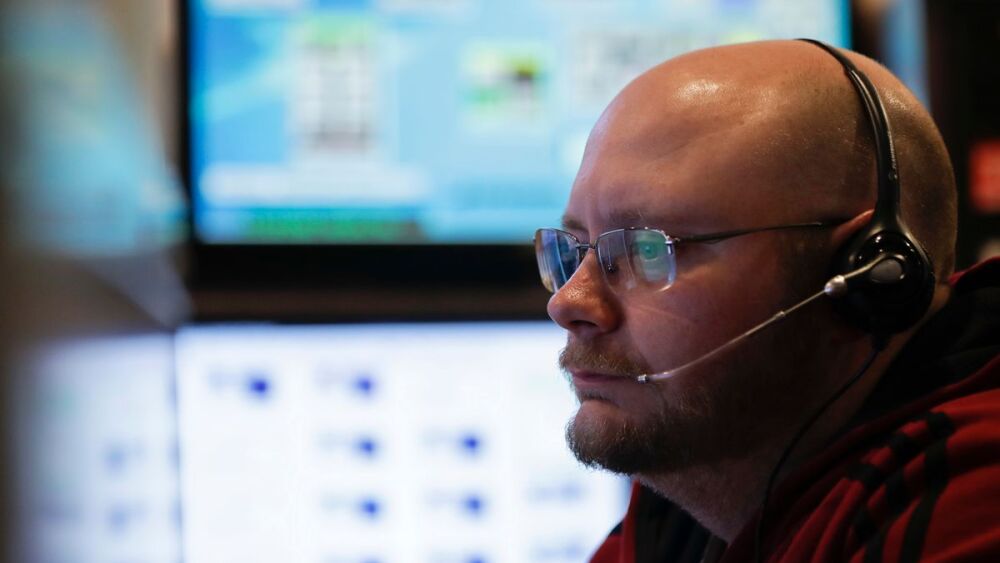2020 has been a challenging year. With the ongoing COVID-19 pandemic, recent civil unrest and an increasingly hostile political environment, the challenges are unlikely to go away anytime soon.
Many Americans are experiencing heightened levels of stress and anxiety due to these challenges. For those who serve as a lifeline to the public during these uncertain times, the stress level is especially compounded.
We must ensure 9-1-1 professionals take proactive measures to prioritize their mental health and well-being now more than ever.
What studies show
Studies that explore the mental and physical risks posed by the cumulative stress of a 9-1-1 career provide evidence of what 9-1-1 professionals have known for years: the job takes a toll.
Vicarious trauma, compassion fatigue and burnout result from being exposed to the suffering of others, manifesting as lower feelings of life satisfaction, depression, anxiety, weight gain and other negative health effects.
While the evidence is clear and the effects striking, one needn’t quit the job they love in order to escape this grim reality. In fact, a 2015 study by Dr. Michelle Lilly and Christy Allen highlighted both an immediate challenge and an opportunity.
The study found a significant correlation between respondents’ level of psychological inflexibility and their experience of symptoms of stress, including dissociation, neuroticism, anger and emotional dysregulation. That is, 9-1-1 dispatchers who are rigidly stuck in habitual ways of thinking experience more stress as a result of the job. They grow more emotionally distant (or numb) over time, are more prone to negative thinking and rumination, are more apt to get angry, and are less able to manage intense emotions. These effects have been shown to cause diminished work performance, depression, substance abuse and lower quality of life. That’s the challenging news.
Also contained in this statistic is the opportunity. By improving our psychological flexibility, we can reverse these effects, even during a pandemic.
What is psychological flexibility?
Psychological flexibility means holding our own thoughts and emotions a bit more lightly and acting on longer-term values and goals rather than short-term impulses, thoughts and feelings. It’s the measure of how we adapt to fluctuating situational demands, shift our perspective, and balance competing desires and needs. To remain flexible and resilient during fast-changing times it helps to watch what you think and to take great care of yourself.
How much time do you spend each day neurotically ruminating over something that happened to you or someone you know, constantly replaying the event in your mind and dwelling on the injustice of it all? As you do this, what happens to your stress level? And your capacity to think clearly, or focus on other, more productive thoughts?
Many Type-A overachievers fall into such thinking traps, spinning themselves into a frenzy of negativity and anxiety. It’s difficult to provide great customer service to the next caller when still angry at the last one. It’s nearly impossible to enjoy time at home when your mind is stuck in overdrive.
How to stop ruminating and refocus
When rumination makes you feel stuck, there are a few ways to catch yourself and refocus:
- Establish a time limit. “Venting and complaining are good!” one of my coworkers used to say. And while it’s true that talking things out and getting difficult emotions “off your chest” can have a therapeutic effect, complaining all day long has the opposite effect. Instead, ask a good friend, “Can I have five minutes of your time?” and then leave it at that. Write in a notebook for 15 furious minutes and then see how you feel.
- Keep an open mind. When you notice that you’re stuck thinking about something, try to see another perspective. Is it possible there’s another side to the story? Maybe it wasn’t as personal as you initially thought. Try to empathize with the other person’s point of view, and then let go.
- Create boundaries. If you frequently take on other people’s problems, you may be facing an opportunity to say “no.” Instead of building a case for the perceived injustice, use the situation to grow. Rather than remaining hurt or angry, come from a place of strength and understanding.
Practice self-care
It’s easier to control negative thoughts and lower stress when you also practice regular self-care. This is a conscious act that you take in order to promote your physical, mental and emotional health. Self-care is vital for building resilience toward stressors in life that you can’t eliminate. Sounds great, right? Unfortunately, many caregivers think that self-care is selfish or a luxury. As a result, they avoid it and are left feeling overwhelmed, tired and ill-equipped to handle life’s inevitable challenges. It’s impossible to give from a depleted state, and in order to keep taking care of everyone who depends on you, you need a self-care regimen.
Over the next few days, reflect on how well you’re taking care of yourself physically, mentally and emotionally:
- Are you planning downtime?
- Are you doing the things you enjoy?
- Are you getting enough sleep and exercise?
When you discover you’ve neglected a certain aspect of your life, create a plan for change. Check-in with yourself then write down something specific you can do in the next week to prioritize you. Schedule it, protect it and enjoy it. Start small, and see where it takes you.
One dispatcher in Memphis reconnected with her passion for the job simply by taking 10 minutes each day to listen to upbeat music, connect with gratitude and remind herself of why she got into this line of work in the first place.
Over time, subtle shifts in thinking add up to big results, offering greater levels of resilience to draw from during challenging times. When uncertainty is the only thing that is certain, it helps to know you still have the power to choose.













